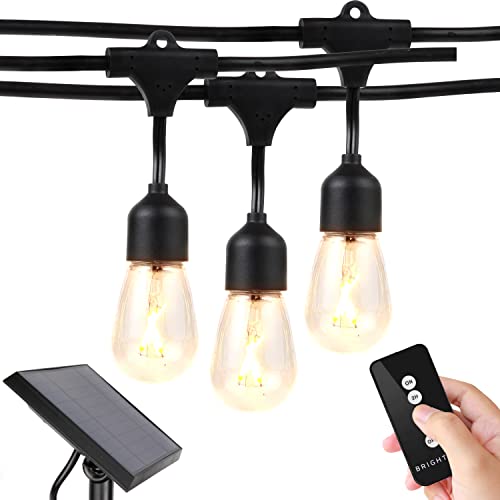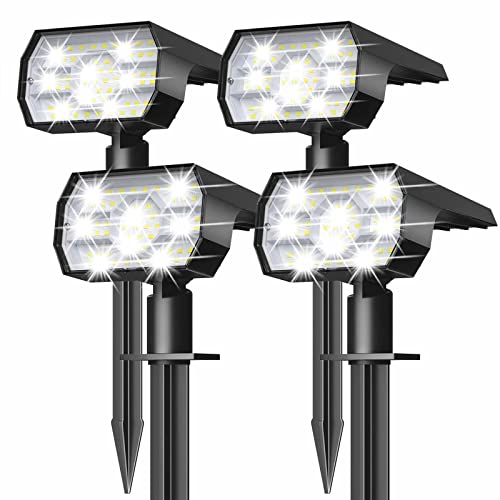Are solar lights bad for plants? Horticultural pros say no, but there are 5 reasons to be careful
It's rare for solar lights to damage plants, but it can happen in these circumstances

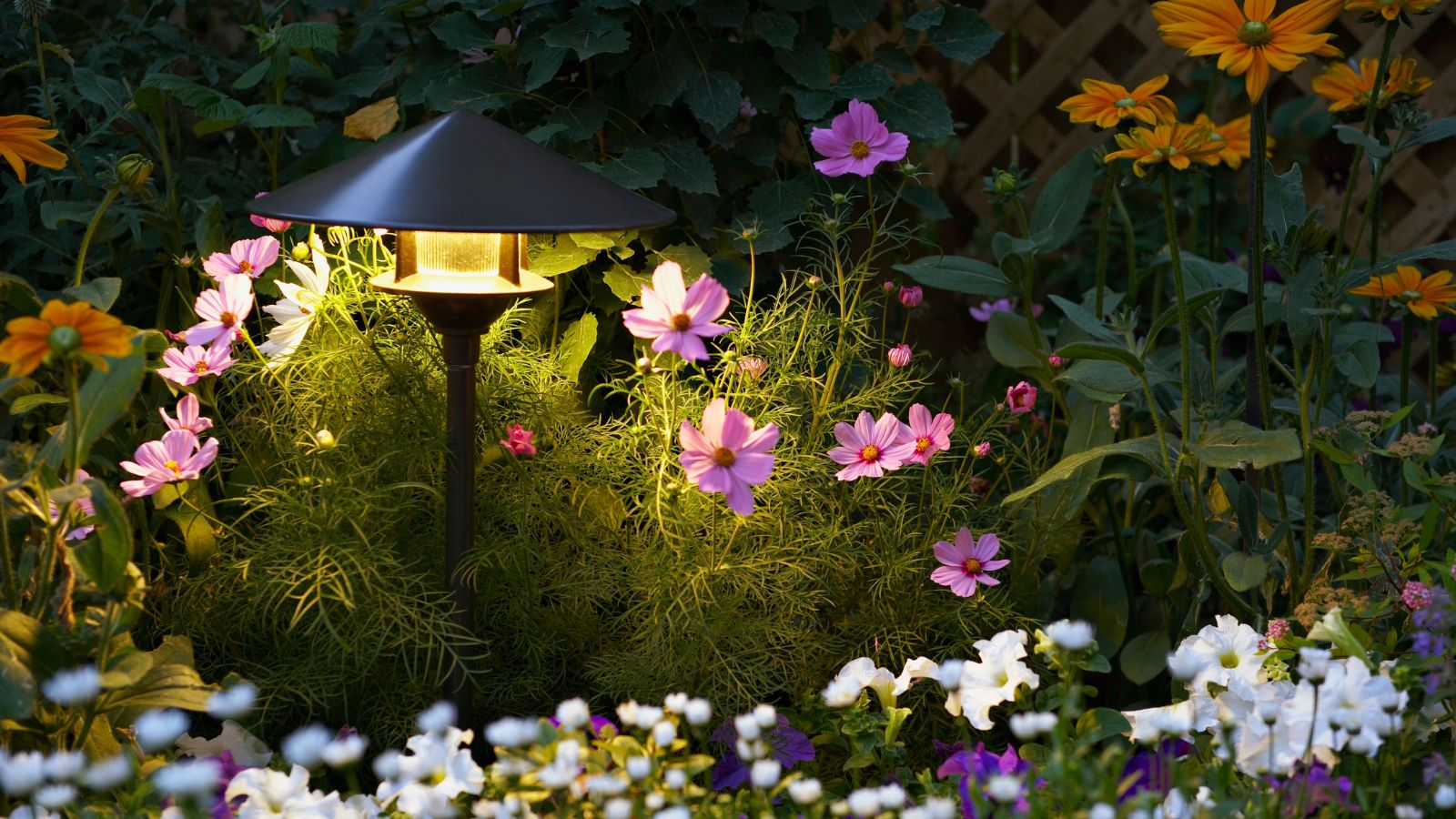
Solar lights and foliage are a match made in heaven. No garden lighting design is complete without some softly glowing string lights winding through the trees.
However, bright solar lights could be damaging your plants. Too much light can through off your plants' natural cycles, curtailing their growth or leaving them vulnerable to seasonal changes.
I spoke to horticultural professionals about how solar lights can harm your plants. The good news is that a few string lights won't hurt, but there are potential problems with brighter lights like security spotlights.
1. Photoperiodism
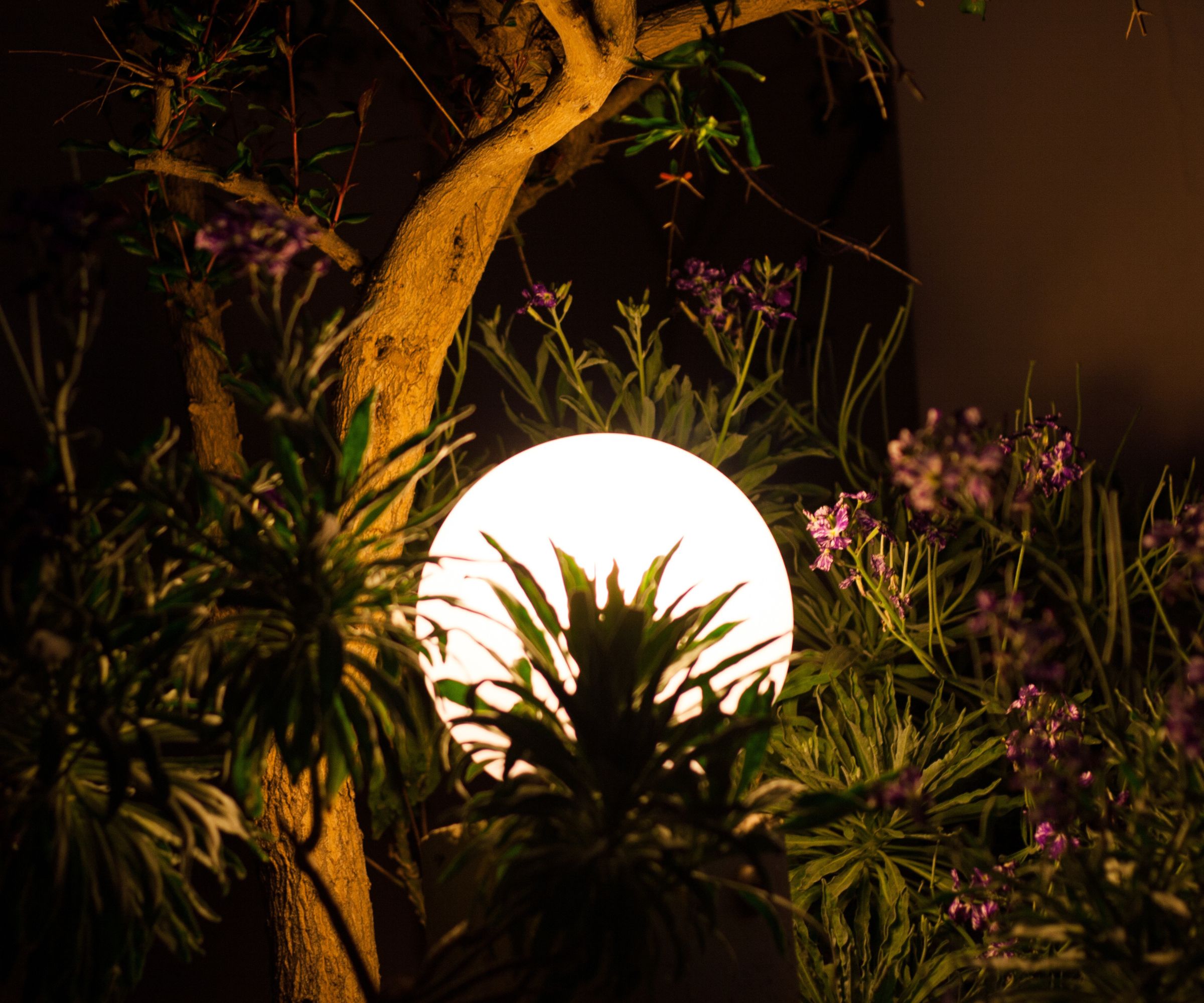
The first way solar lights can affect plants is photoperiodism. Photoperiodism - or how plants react to changes in light from day to night - can be affected by solar lights, as they can trick plants into continuing their daylight cycles long into the night.
Horticultural expert Stephen Millam explains that 'Plants heavily rely on exposure to light to regulate their growth processes such as flowering and dormancy. Different wavelengths of light, such as visible spectrum light, infrared, and ultraviolet light, play vital roles in plant processes like photosynthesis and flowering and plants also rely on the natural cycle of light and darkness to regulate their growth and development.'
This can be a problem when artificial lights are introduced. Stephen says 'Artificial lighting can confuse plants and hinder their adaptation to seasonal changes. Constant exposure to strong solar lights can disturb this delicate balance, impacting the plants' energy levels and overall health.'
The good news is that this only appears to be an issue with very strong garden lights. The biggest culprits are old-school incandescent landscape lighting or bright security lights. Landscaping expert Ward Dilmore says 'As a general rule, landscape lighting, whether it’s solar or not, can have some effect on a plant's life cycle. However, it would require a very bright, heat-producing bulb located very close to the plant. Otherwise, landscape lighting these days does not have much noticeable effect on a plant's life cycle, thanks to LEDs that have less heat and intensity.'
Design expertise in your inbox – from inspiring decorating ideas and beautiful celebrity homes to practical gardening advice and shopping round-ups.
This means that a few string lights shouldn't affect your plants. Unless you place a bright path light or security light right next to a plant, it shouldn't affect its photoperiodism. Horticulturalist Jasper Knight says 'Solar lights do influence plants to some degree, but not in most cases significantly. Even the greatest of them are still too weak to affect a plant's photoperiodism.'

Stephen is a Horticultural lecturer and Study Programme leader for RHS Principles. He has an HND in Commercial Horticulture, a BSc in Plant Physiology, and a Doctor of Philosophy (PhD) in Plant Biotechnology.

Ward Dilmore is the founder of Petrus, a premier luxury estate landscaping company. Based in California’s Bay Area, Ward’s expertise spans both large-scale commercial projects and intimate private gardens.

Jasper is the founder of Secret Saunas, a US-based e-commerce business that brings the traditional European sauna experience to homes across America. Before his current venture, Jasper trained at as a horticulturalist, with a degree in horticulture and experience managing scientific projects on alternative cultivation techniques.
2. Seasonal changes
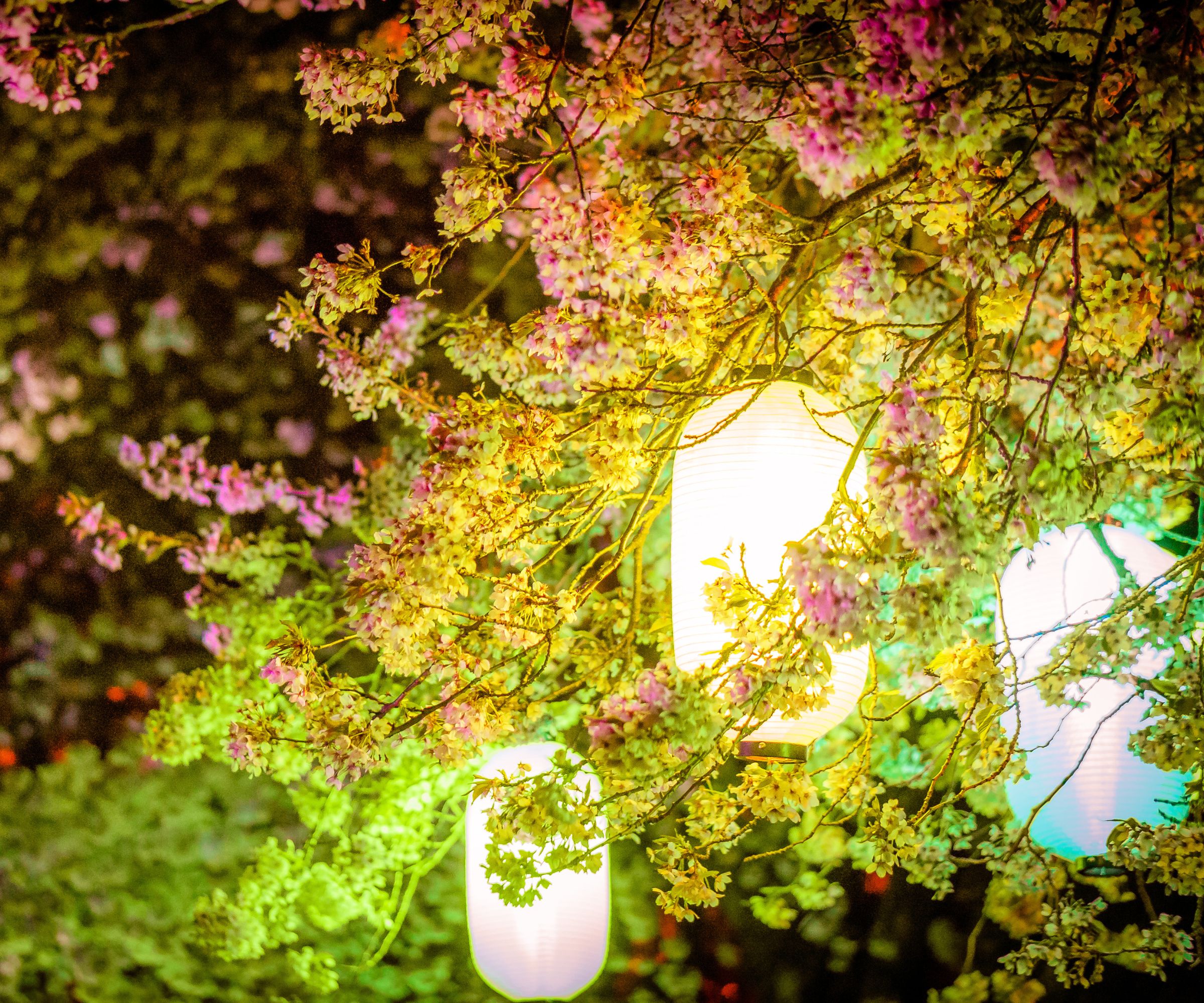
As well as photoperiodism, solar lights can affect plants' seasonal cycles. Shortening or lengthening daylight is one of the triggers for plants to drop their leaves in the fall or begin other seasonal behaviors. A bright solar light can trick a plant that it's still summer, preventing it from beginning its necessary cycles.
Stephen says 'If the plants get exposed to intense solar lights for extended periods, this may disrupt their normal life cycles and have detrimental effects on their overall health and development. Ward Dilmore agrees, saying 'Solar lights and other intense lighting can trick a plant so that it doesn't enter its dormancy for the fall. It may be fun to watch a plant enjoy the extra growth thanks to a very closely placed light, though when a hard frost arrives, this could damage a plant for the long term.'
Ward says that heat from landscape lights can be more of a problem than the light. 'Depending on the light bulb used, extra heat and light can alter a plant's growth. Extra heat from landscape lighting can protect a plant by keeping it warm from the beginnings of frost, though it is best to prevent this from happening as it will not allow a plant to enter its dormancy for the winter.' However, this only tends to be an issue with old incandescent bulbs. If your backyard lighting is older than 15 years, it might be affecting your plants. However, if you use LEDs, it won't be an issue.
As above, it's best to use soft, golden solar lights rather than bright lights to let your plants cycle through their natural behaviors. Stephen says 'Soft, dim solar lights are less likely to disrupt plant rhythms compared to bright or concentrated lights, helping plants maintain their natural cycles.'
3. Growth
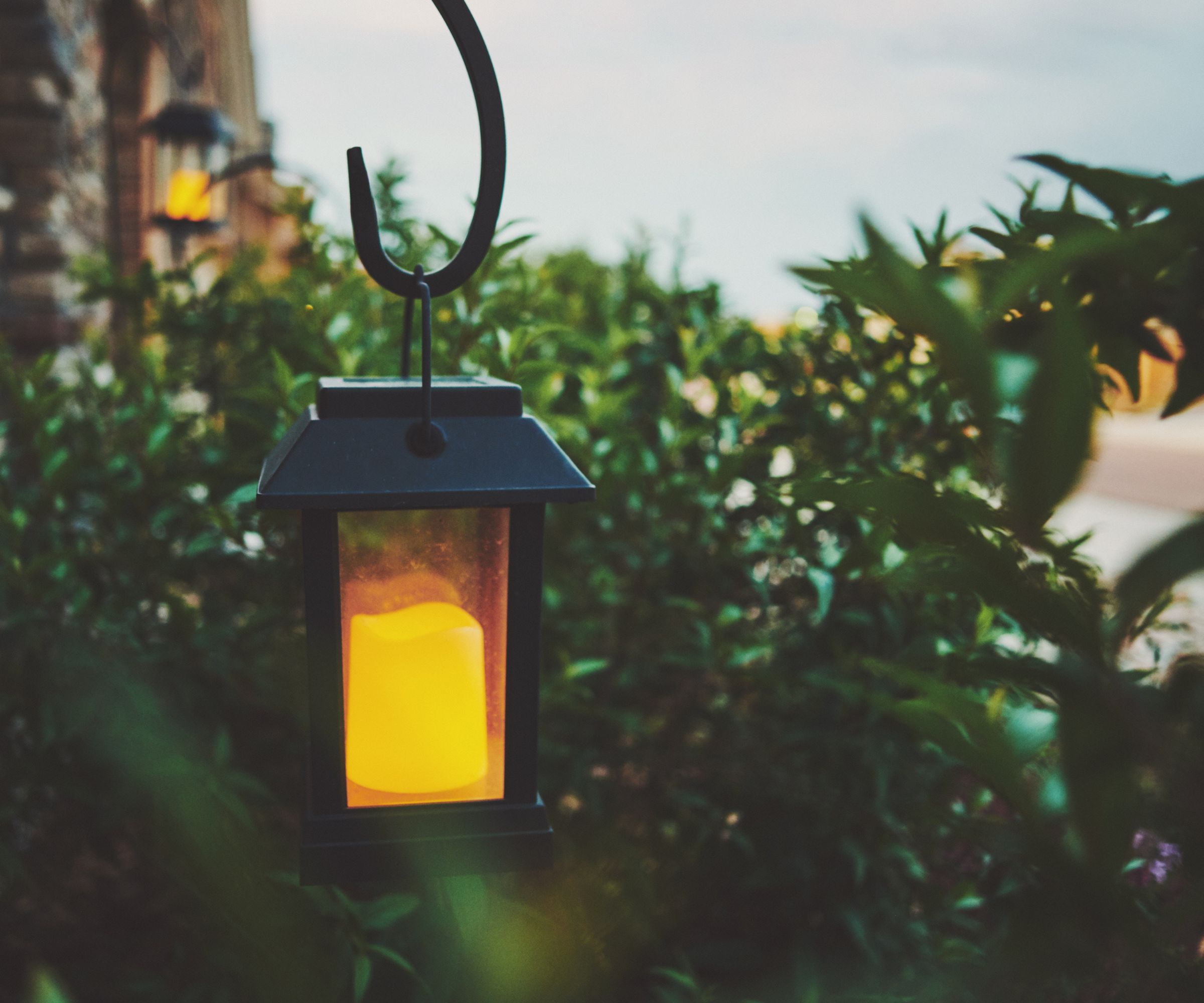
This means that unless solar lights are placed very close to a plant, they likely won't affect it. That's good news if you have a few string lights or solar lanterns. However, that's bad news for gardeners attempting to improve their plants' growth with solar lights.
Jasper Knight says 'The added light is not generally intense enough to sufficiently enhance growth. Artificial lighting up to some level helps grow plants indoors, but in most cases, the low intensity of garden solar lamps does not help very much. Perhaps if you are growing naturally sensitive plants to light, this may be true, but these are quite sparse in a standard garden.'
If you want to improve your plants' growth in a greenhouse, you need grow lights like these from Amazon, not solar lights. However, they're often unnecessary - unless you're starting seeds or overwintering plants somewhere dark and cold, natural sunlight is all you need for healthy plant growth.
3. Fruit and vegetable yields
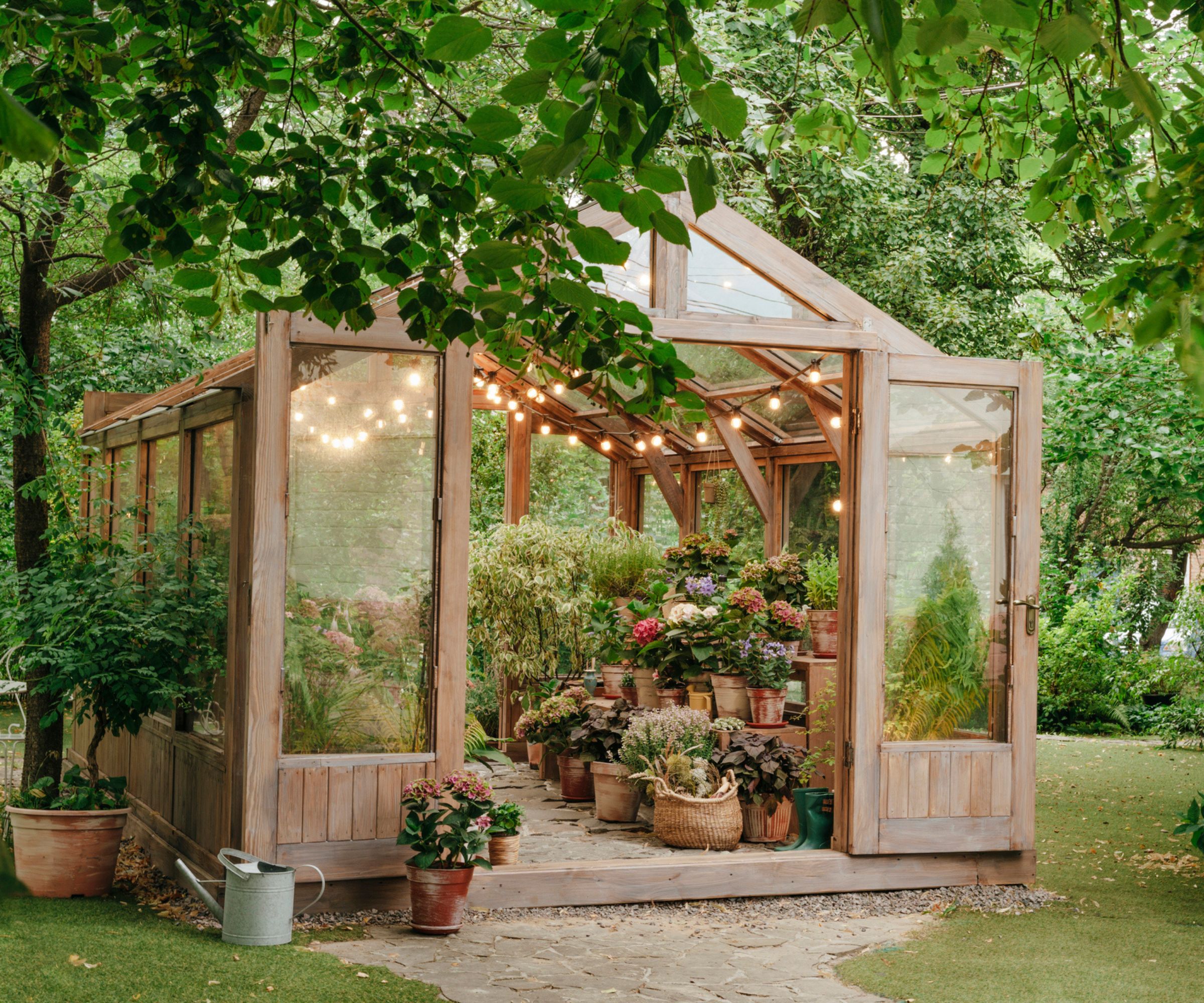
Solar lights can have a limited effect on fruits and vegetables, too. Ward Dilmore says 'On smaller vegetables - plants in a vegetable bed for example - landscape lighting could have a noticeable effect. Vegetables have a very short lifecycle in the season and it may be possible for a plant to produce more fruit/vegetation with extra landscape lighting.
However, overdoing it can mean that you damage the body of the plant. Ward warns 'These plants will still need their natural dark cycle each night, and it would be better to work with what nature already provides to increase yields instead of using landscape lighting. This would be ensuring a good watering schedule, adequate sunlight during the day, good soil or compost, and scheduled organic fertilizing.'
Stephen Millam agrees. 'Solar lighting will not provide as much light as other artificial lights. If you’re growing plants that need a lot of light, such as vegetables, you’ll still need to provide a source such as LED grow lights.'
4. Root systems
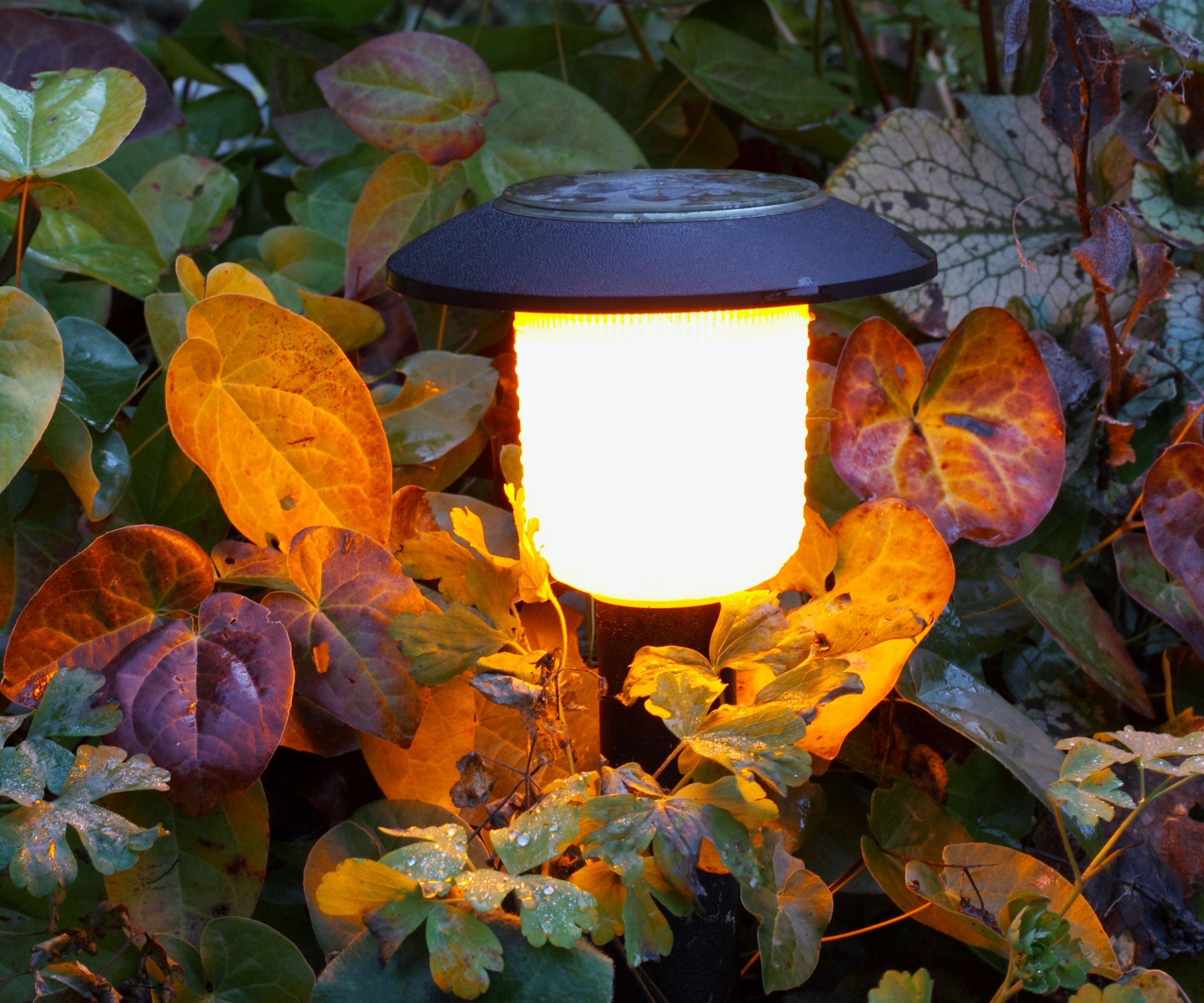
Finally, solar lights can damage plants before they even switch on. Solar landscape lights and path lights are usually installed on top of a sharp stake forced into the ground. This can easily harm the roots of your plants.
Ward says 'Depending on the size of the solar panel stakes and where the stakes are placed, they can possibly damage a plant's roots. Jasper Knight says that it's also an issue with root vegetables. 'If solar panels are not placed with careful attention, they might disturb and even damage plant roots. In the process of installation, try to protect the roots of plants, especially in the case of root crops like carrots or beets.'
However, it's relatively easy to protect from this issue. Jasper says you can protect the roots by 'placing the lamps near the edges or around the stepping stones rather than on the planting area directly.' Ward agrees, and says 'It is best to place any stakes at least 1-2’ away from a plant's base to ensure less damage to its root system'.
The potential harm to plants isn't the only drawback of solar lights. Many solar brands claim that their lights are eco-friendly because they don't use electricity from fossil fuels. However, there are issues with lithium mining and the disposal of these lights in landfills. It's worth considering if solar lights are actually eco-friendly before you take the plunge.

As a gardens and lifestyle contributor, Alex makes sure readers find the right information to help them make the best purchase. Alex got his start in reviewing at the iconic Good Housekeeping Institute, testing a wide range of household products and appliances. He then moved to BBC Gardeners’ World Magazine, assessing gardening tools, machinery, and wildlife products.
